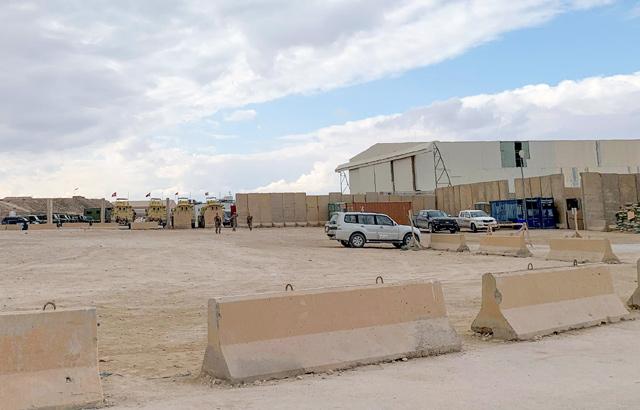You are here
Tweets reveal anti-American sentiment in Arab world
By AFP - Sep 25,2014 - Last updated at Sep 25,2014
WASHINGTON — An analysis of Twitter messages from the Arab-speaking world reveals strong anti-American sentiment, suggesting that social media posts may offer insights opinion polls cannot.
According to a research report released this week, the tweets reflect deep scepticism about the United States on issues related to the conflict in Syria and the overthrow of the Egyptian regime in 2013.
"If you want to know how people in a given society who are on Twitter are reacting to events in real time, this is a great way to find out, so long as there is no systematic censorship," said Robert Keohane, a Princeton University professor who worked on the study.
"You get quite a reliable sense of the reaction of a certain part of the public to these events and you can differentiate the types of reaction."
The paper, released by the university, was presented last month at the annual meeting of the American Political Science Association.
Researchers used a tool created by social media analytics firm Crimson Hexagon to examine millions of Arabic-language tweets related to events in 2012 and 2013.
They measured reaction to Washington's positions on the civil war in Syria, the polemic over the "Innocence of Muslims" video, the Boston Marathon bombing, the removal of Egyptian President Mohamed Morsi and Hurricane Sandy's impact on the eastern United States.
In the case of Egypt, the researchers analysed more than 2.2 million Arabic tweets that mentioned the United States and found just 3 per cent could be termed pro-American, with 23 per cent neutral and the majority critical of the United States.
"No matter which side of the domestic dispute an individual was on, he or she was likely to be opposed to the United States," the researchers wrote.
"Rather than an enemy of an enemy being a friend, the US is consistently cast as an enemy."
In a similar vein, 97 per cent of tweeters who expressed views on Syria were seen as anti-American, despite the fact that the United States opposed the Assad regime, researchers found.
By contrast, about 30 per cent of those tweeting in Arabic about Hurricane Sandy expressed concern about Americans or defended Americans.
"Reactions to cases where the US is influencing Middle Eastern affairs are 95 per cent to 99 per cent negative," Keohane said.
"Responses to American society, as in the Hurricane Sandy monitor, are much less negative."
Henry Farrell, a George Washington University political scientist who studies social media, said the research "represents a very important advance in showing how online media analysis can capture important and large-scale debate”.
The researchers say they are continuing to explore the best ways to use such Twitter data to measure public opinion, particularly in regions such as the Middle East and Africa where conducting opinion polls is especially difficult and expensive.
Related Articles
Royal Court Chief Fayez Tarawneh on Tuesday met a delegation from the Parliamentary Friendship Group for Relations with Arab-Speaking States of the Middle East at the Bundestag, and discussed ways to achieve peace in the region and the latest developments in Syria.
BAGHDAD — A rocket on Sunday targeted an Iraqi air base hosting American troops, a security source told AFP, the latest in a series of attac
A US Air Force veteran pleaded not guilty on Wednesday to trying to provide support for Daesh terror group.

















